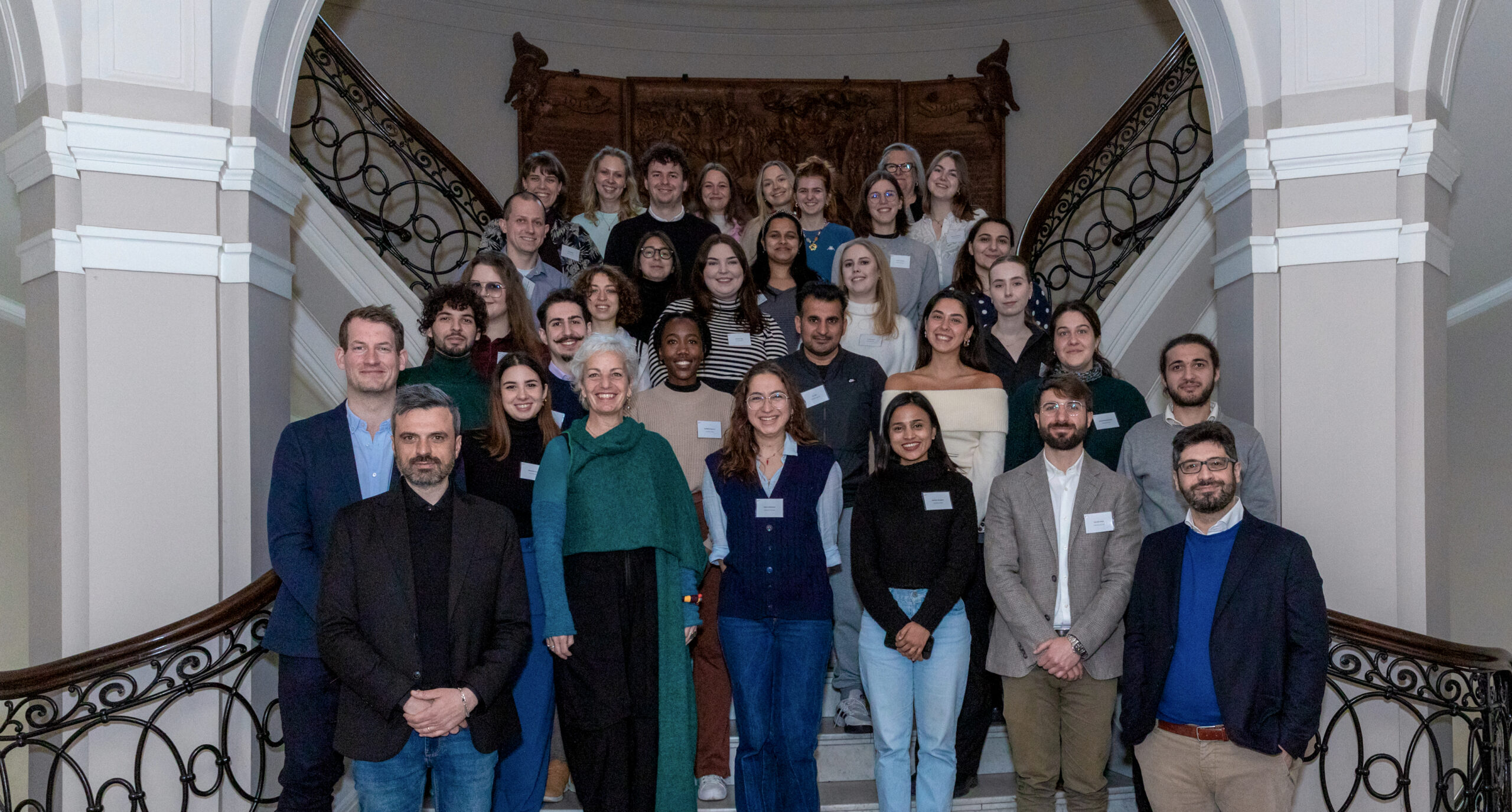In late April 2024, ZeMKI and the University of Bremen, hosted their first-ever Erasmus+ “blended-intensive programme” (BIP). Around thirty students and half a dozen instructors from eight universities across Europe participated in a week-long workshop designed under the theme “Digital Constitutionalism and the UN Global Digital Compact”. This in-person phase of the blended-intensive format is flanked by virtual meetings prior and after the mobility phase. ZeMKI PGMT Lab member Dr. Dennis Redeker served as host and main organizer of this year’s BIP, after a successful first iteration at the University of Padua in 2023. The series of BIPs is the latest project of the interdisciplinary Digital Constitutionalism Network (DCN), integrated into the fourth iteration of the DCN Teaching Partnership, in which additional universities and instructors participate, usually through virtual joint sessions
From the University of Bremen, nine students from the MA Medienkultur und Globalisierung participated in the program, joined by around two dozen students and instructors from seven universities abroad: University of Padua, Dublin City University, University of Salerno, University of Groningen, University of Helsinki, University of Klagenfurt and Tallinn University. The program for the most part took place at the building of the Bremer Baumwollbörse in Bremen’s city center. One night, a public roundtable was organized in conjunction with the REMIT research project. An accompanying social program with a tour of the UNESCO-listed city hall and two dinners rounded of the week of hard work.
The topic of the program, which spans from March to June 2024, is the Global Digital Compact (GDC), currently negotiated by the UN members states in New York and to be finalized during the Summit of the Future in September 2024 in New York. The GDC is seen by many as an important nascent policy document for the governance of digital media, from Internet connectivity and digital literacy to social media platforms and artificial intelligence. The eventual text and implementation of the document will be an indicator for how global digital governance develops and how inclusive it will be. The blended-intensive program was designed to explore the intersections between digital constitutionalism and the GDC, providing students with the theoretical, analytical and methodological tools to make sense of the values and principles that (should) guide regulatory arrangements for the digital age, while critically addressing actors’ interactions and power positions as well as power limitations in the same context.
The BIP also provides participants transversal skills, including public speaking skills, group work experience, intercultural competences and the know-how needed for effective interventions in digital governance. Students utilized the DCN’s database of hundreds of principle-based documents in various national and sub-national settings to evaluate the recently published GDC zero-draft document, and they learned how to write effective policy briefs for policy-oriented communication. This year’s program emphasizes the integration of digital policy fora into student learning processes. To this end, students are guided and will remotely participate in the 2024 European Dialogue on Internet Governance (EuroDIG) held in Vilnius in June.
In order to facilitate funding and logistics, the BIP relied on helping hands in the eight universities’ administrations. At the International Office in Bremen side, Barbara Hasenmüller, Mathias Bücken, Britta Rodewald and their colleagues have been instrumental to enabling the smooth mobility of about 20 incoming students. Student assistant Sebastian Kuhnke has been vital to the organization of the BIP.
